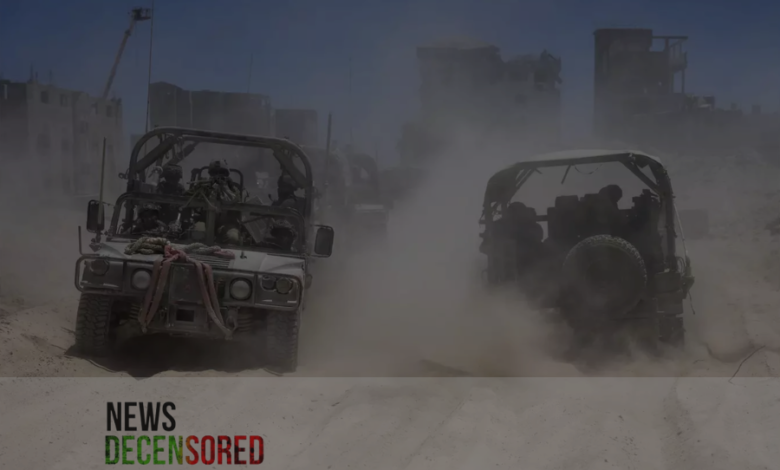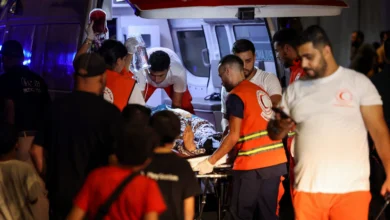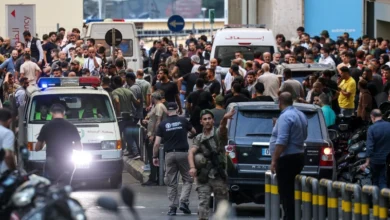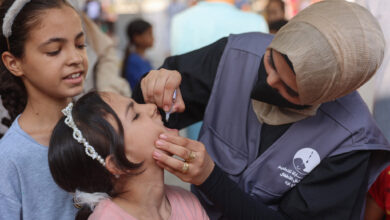Rafah becomes a ghost town filled with dust and rubble

Abandoned, bullet-riddled apartment buildings have shattered walls and shattered windows. Bedrooms and kitchens are visible from roads strewn with piles of rubble that tower over passing Israeli military vehicles. Very few civilians remain. Israel says it has nearly defeated Hamas forces in Rafah – an area identified earlier this year as the militant group’s last stronghold in Gaza.
The Israeli military invited journalists to Rafah on Wednesday, the first time international media have visited the southernmost city in Gaza since it invaded on May 6. Israel has barred international journalists from entering Gaza independently since the Hamas attack on Oct. 7 that sparked the war.
Before invading Rafah, Israel said the four remaining Hamas battalions had withdrawn there, an area of about 25 square miles (65 square kilometers) on the border with Egypt. Israel says hundreds of militants have been killed in its assault on Rafah. Dozens of women and children have also been killed in Israeli airstrikes and ground operations.
The army says it was necessary to operate so intensively because Hamas has turned civilian areas into treacherous traps. Eight soldiers were killed last month in a single explosion.
Rafah booby-trapped tunnels:
“Some of these tunnels are booby-trapped,” the military’s chief spokesman, Admiral Daniel Hagari, said during a tour Wednesday, standing above a passageway leading underground. “Hamas built everything in a civilian neighborhood, between the houses, between the mosques, between the residents, to create its terror ecosystem.”
An estimated 1.4 million Palestinians have been crammed into Rafah after fleeing fighting elsewhere in Gaza. The United Nations estimates that about 50,000 people remain in Rafah, which had a pre-war population of about 275,000. Most have moved to a nearby Israeli-declared “humanitarian zone” where conditions are dire. Many are huddled in squalid camps along the coast, with little access to clean water, food, bathrooms, or medical care.
Efforts to get aid into southern Gaza have faltered. The Israeli incursion into Rafah has closed one of the two main crossings in south Gaza. The United Nations says little aid can enter through the other main crossing – Kerem Shalom – because the road is too dangerous, and convoys are vulnerable to attacks by armed groups looking for smuggled cigarettes.
On Wednesday, there was a line of trucks on the Gaza side of the Kerem Shalom crossing, but the trucks were barely moving — a sign of how badly Israel’s pledge to keep the route safe to facilitate the delivery of aid into Gaza has failed. UN officials say some commercial trucks have made their way to Rafah, but not without hired armed guards riding atop their convoys.
Israel says it is close to dismantling the group as an organized military force in Rafah. Reflecting that confidence, soldiers brought journalists in open-air military vehicles on the road into the city’s heart.




